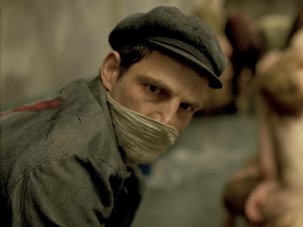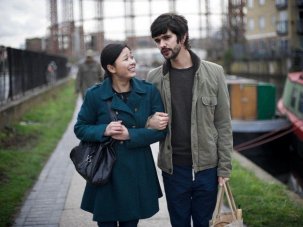Web exclusive
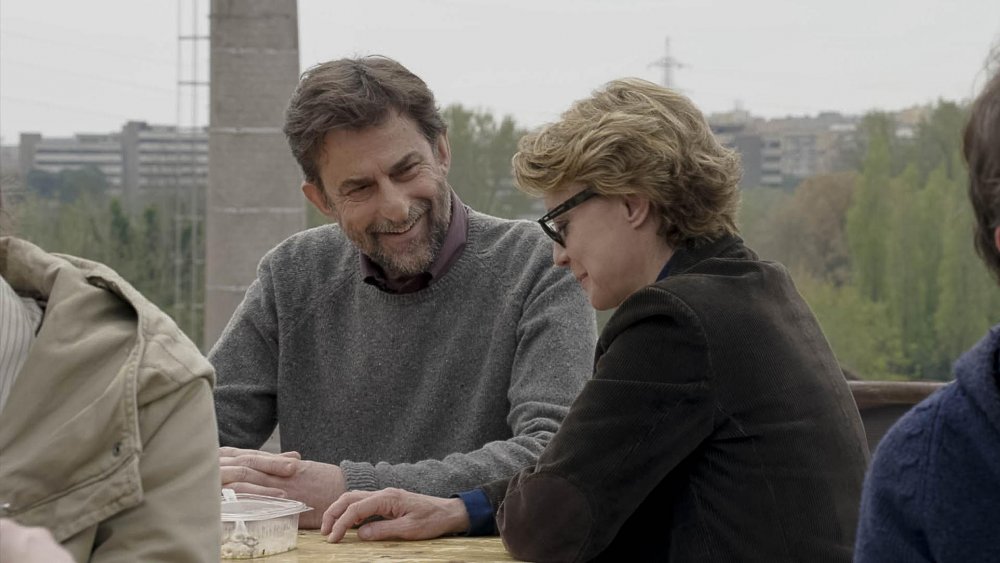
My Mother (Mia Madre, 2015)
It’s now 14 years since Nanni Moretti won the Palme d’or with The Son’s Room, and while the films made in the intervening period – The Caiman, We Have a Pope and several documentary shorts – have all been of considerably more than passing interest, none has quite matched the tonal assurance of that impressively subtle study of grief and loss. Nor indeed have they equalled the exquisite balancing of comedy and seriousness that distinguished Dear Diary, the last third of which documented the writer-director’s battle with a potentially life-threatening illness. Perhaps Moretti is at his best when dealing with the question of how best to deal with the inevitable mortality of ourselves and our loved ones; certainly My Mother (Mia Madre), which deals very directly with that theme, is his finest since The Son’s Room.
Italy 2015
102m
Director Nanni Moretti
Cast
Margherita Margherita Buy
Barry Huggins John Turturro
Ada Giulia Lazzarini
Giovanni Nanni Moretti
Livia Beatrice Mancini
Original Italian title Mia Madre
► Clips and trailers
It centres on a film director – not played, this time, by Moretti himself but by Margherita Buy – who is making a film about a strike against job-losses at a factory. Margherita would surely have her hands full enough with making the movie – whose star, Barry Huggins (John Turturro) is an amiable but somewhat self-regarding American actor given to forgetting his lines and reminiscing about his relationship with ‘Stanley’ (Kubrick, that is) – and with raising her teenage daughter, but then there’s also the far from insignificant matter of her elderly mother’s failing health. Margherita seems almost to be in denial about the imminence of her parent’s demise, but is kept informed by her brother Giovanni (Moretti), who’s so preoccupied by the prospect of losing his mother that he’s taken a couple of months’ leave from his job.
That’s it, storywise: very early on in the film we learn that Ada (Giulia Lazzarini) hasn’t long to live, and by the end of it she is dead. Mortality here hasn’t even the element of shock it had in The Son’s Room. Moretti, who apparently lost his own mother while making We Have a Pope, simply observes Margherita getting on with life as best she can – which isn’t always all that well – in the knowledge that the movie with Huggins must be completed, her daughter must be attended to, and her mother made as comfortable as possible. And that is one of the great strengths of Mia Madre; in playing down the drama, it has an emotional and psychological authenticity all too rare in films that purport to deal with mortality, fear, grief and loss.
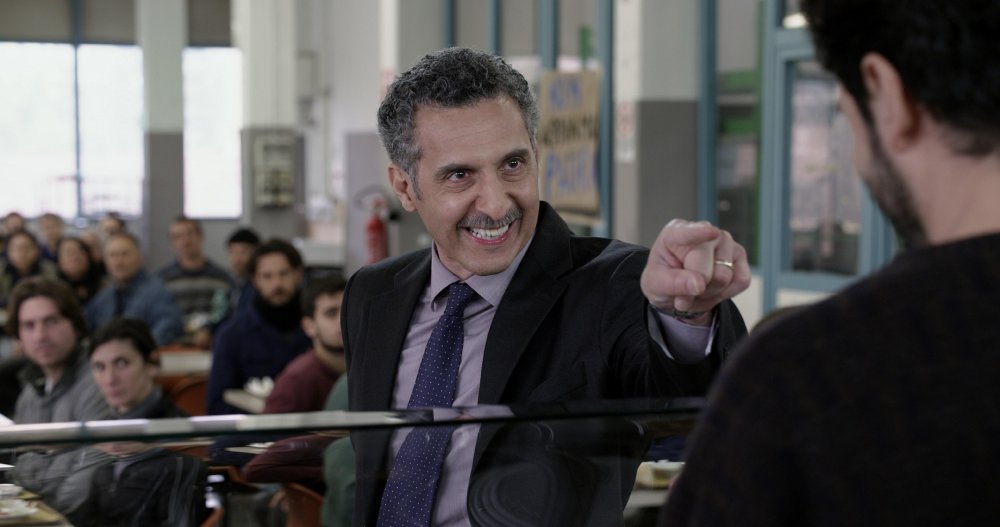
My Mother (Mia Madre, 2015)
To say that the drama is understated is not, however, to say that the film is not dramatically satisfying. On the contrary, Moretti keeps things moving along nicely, interspersing all the stuff about Ada’s decline with scenes depicting Margherita’s dealings with Huggins; Turturro, playing in Italian almost throughout, is very funny indeed in what is probably his best role for some years. Huggins is never just a caricature; endowed with Turturro’s own charm, he comes across as a well-meaning fellow who’s just been spoilt a little too much in Hollywood.
This, in fact, is symptomatic of Moretti’s sense of balance throughout the film; the characters feel true, as do the situations they’re in. Even when the comedy is at its broadest, it’s still rooted in a very recognisable reality.
Finally, and perhaps even more remarkably, Moretti manages to use the music of Arvo Pärt in a way that doesn’t, for once, feel tired and clichéd. Mia Madre has a great many virtues, but if only for that rare feat, we should be truly thankful.
-
Cannes Film Festival 2015 – all our coverage
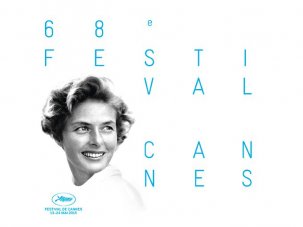
See our Posters d’Or gallery, first-look reviews and commentary on the course of the festival.
-
The Digital Edition and Archive quick link
Log in here to your digital edition and archive subscription, take a look at the packages on offer and buy a subscription.




